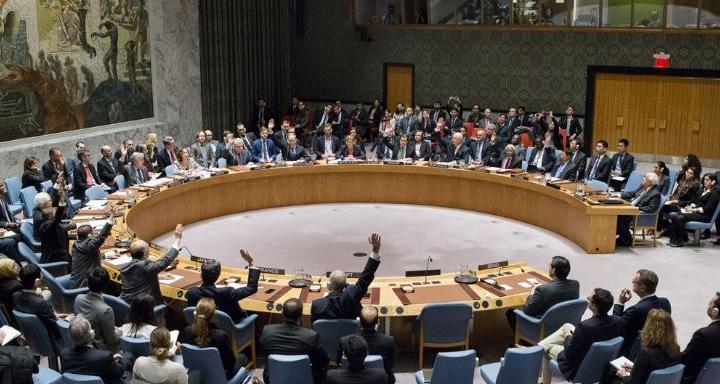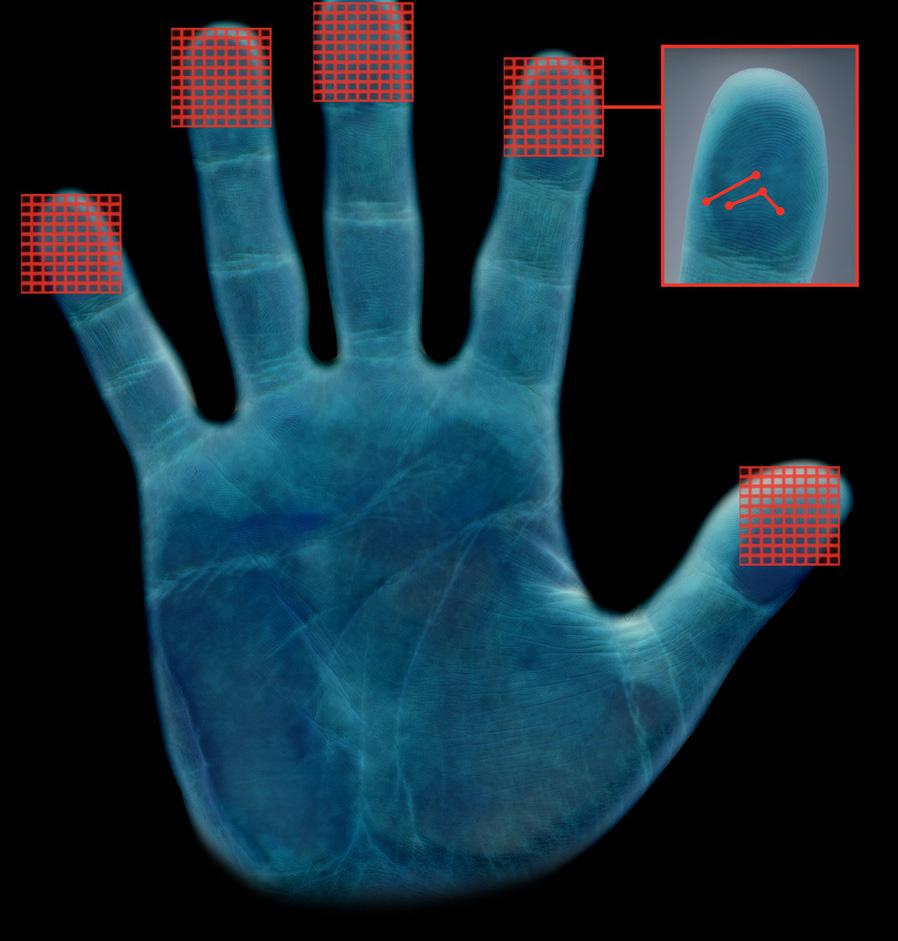
5 minute read
London Metropolitan Police Grapples with charges of Racism and Sexism
from DIPLOMATIC TIMES
Photo Source / Corbis / Matthew Styllanou / Former London Met Police Officer Carol Howard won a race and sex discrimination claim against the department and was awarded £37,000 in 2015. Later in May 2018, Howard lost the race claim as the Court reversed the 2015 decision.

Advertisement

By Gary Raynaldo DIPLOMATIC TIMES The London Metrolpolian Police continues to grapple with charges of racism and sexism as the U.K. seeks to add 17,000 Black officers to “reflect British society.” A public inquiry held in 1998, headed by Sir William Macpherson, that examined the original Metropolitan Police Service (MPS) investigation into the death of Stephen Lawrence issued a damning report concluding the force was ‘institutionally racist’. Lawrence, 18, was stabbed to death in an unprovoked attack in 1993 by a gang of white youths as he waited at a bus stop in Eltham, south-east London, with a friend. The case became a cause célèbre and one of the highest profile racial killings in U.K. history. After the initial investigation, five suspects were arrested but not convicted. It was suggested during the course of that investigation that the murder was racially motivated and that Lawrence was killed because he was black, and that the handling of the case by the police and Crown Prosecution Service was affected by issues of race. Years later, the Metropolitan Police is still struggling to shake off the institutionally racist label that remains tightly wrapped around the department. In 2015, the Met acknowledged ‘some justification’ to claims the force is ‘racist’ according to the BBC.
“ You’re very much more likely to be stopped and searched if you’re a young black man... I can give you reasons, but I can’t fully explain it,” Sir Bernard Hogan-Howe, head of Metropolitan Police.
Credit: EUROPOL / The organised criminal gang targeted luxurious cars in Germany and then sold them outside of the EU. By Gary Raynaldo DIPLOMATIC TIMES A joint anti-organised crime operation by Europol and Eurojust led to the arrest last week of 12 Lithuanians suspected of luxury car theft in German and Lithuania. Operation JIT EWALD resulted in the arrest of two suspects in Germany and eight in Lithuania, according to Europol. The European Union’s law enforcement organization (Europol) stated that a total of six premises were searched in Germany and 11 in Kaunas and Vilnius, Lithuania. The German authorities initiated an international investigation in November 2018 after receiving information that Lithuanian citizens had been targeting luxurious cars in Germany and then selling them outside of the EU. jointly by national law enforcement agencies to handle cross-border crime. Joint investigation teams coordinate the investigations and prosecutions conducted in parallel by several countries. Borderless Criminal Gangs Target German Luxury Automobiles To Be Taken To Eastern Europe



according to Europol
Luxury Automobiles Like Mercedes Benz Are Target By Criminal Gangs Operating in Germany. Many vehicles are taken to Lithuania, beyond the reach of German law enforcement.

Credit: Europjust Europol, the European Agency for Law Enforcement Cooperation, supported the investigation by facilitating information exchange and deploying experts and a mobile office on-the-spot in Lithuania. A joint investigation team (JIT) involving German and Lithuanian officers was set-up with the support of Eurojust, the European agency dealing with judicial co-operation in criminal matters. According to Europol, JITs are teams formed Danas Valkavičius, Kaunas district chief prosecutor, was quoted as saying in a statement released by the Kaunas police office. According to Europol, Organised Property Crime is a highly visible crime that causes widespread feelings of insecurity among citizens. Motor vehicle crime, domestic and business burglaries, pickpocketing and ATM attacks are some of the most common forms of organised property crime conducted by cross-border organised criminal groups, Europol.
Credit: United Nations Media / Manuel Elias / UN Security Council meeting at world body’s New York headquarters DIPLOMATIC TIMES Staff Report Last year, the United Nations Security Council adopted a resolution for utilizing biometric data intended to help Member States detect and counter the threat posed by foreign terrorist fighters (FTFs), especially those returning from the conflict zone in Iraq and Syria. The mandate -(UNSCR resolution 2396 (2017)- creates new international obligations and provisions to strengthen border security and information sharing, including the use of Passenger Name Record (PNR) data, Advanced Passenger Information (API)p , and human recognition using biometrics to prevent terrorists from boarding airplanes. According to the U.N. Security Council, the resolution will strengthen judicial measures and international cooperation; ensure appropriate prosecution, rehabilitation, and reintegration of FTFs and their accompanying family members; and strengthen Member States’ cooperation, including with the private sector, to protect public spaces and soft targets. UN Security Council data resolution includes human recognition using biometrics Unanimously adopting resolution 2396 (2017), the Security Council, expressed concern that foreign terrorist fighters connected to Islamic State in Iraq and the Levant (ISIL/Da’esh), the Nusrah Front (ANF) and other cells, affiliates, splinter groups or derivatives, were returning to foster radicalization and attacks on soft targets. In addition, the Council called on Member States to strengthen measures to prevent the transit of terrorists. Those measures included ensuring that identity documents were not forged, as well as employing evidence-based risk assessments, screening procedures, and the collection and analysis of travel data to identify individuals who posed a terrorist threat, in accordance with domestic and international law, without resorting to profiling based on discrimination. The United States drafted and led the negotiation of the resolution, which requires all U.N. members to use Passenger Name Record data to stop terrorist travel. It further directs UN members to collect biometric data and develop watch lists of known and suspected terrorists. Resolution 2396 also calls for stricter aviation security standards and urges U.N. members to share counterterrorism information both internally and with each other. Biometrics also include fingerprint scanning



Credit: / eforensicsmag.com / Biometrics is the science of recognizing humans based on unique anatomical traits of the individual




